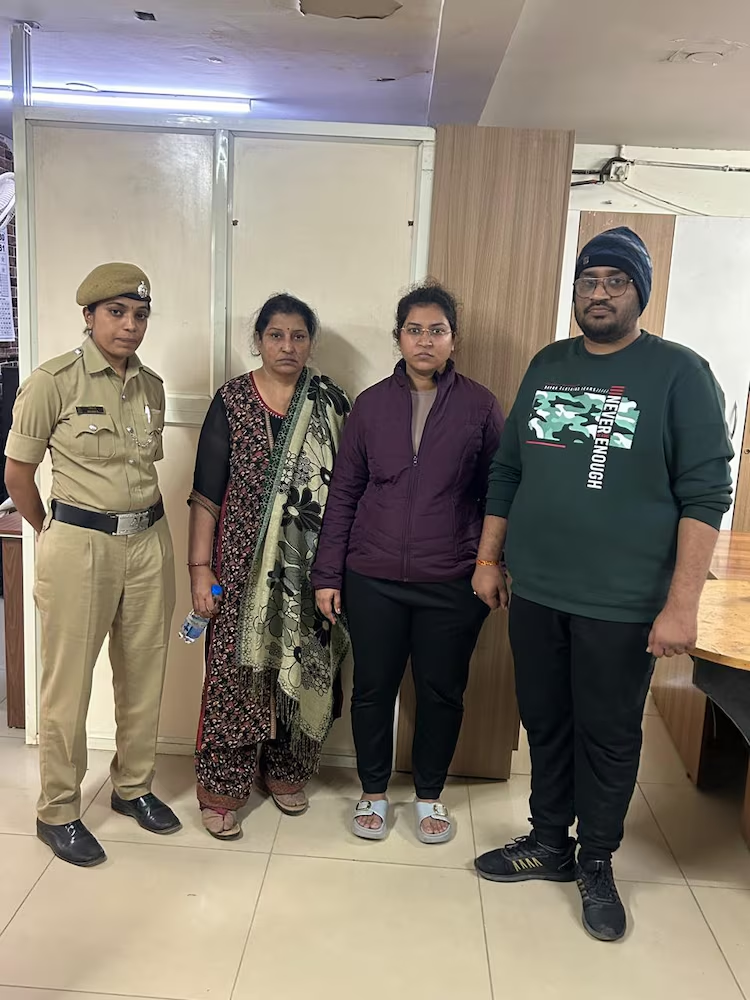In a significant twist in the Bengaluru techie Atul Subhash suicide case, his estranged wife, Nikita Singhania, who was recently arrested after evading authorities for several days, has firmly denied allegations of harassment made by her late husband. During police interrogation, Nikita claimed that it was, in fact, Atul Subhash who harassed her.
Background of the Case:
Atul Subhash, a 34-year-old techie from Bihar’s Samastipur, alleged that harassment by his wife and in-laws pushed him to take his own life. He was found dead in his Bengaluru flat on Monday, leaving behind a 24-page suicide note and a 90-minute video, both of which have sparked nationwide discussions on the misuse of laws.
Nikita Singhania’s Response:
Nikita Singhania, who had been living separately from Atul for nearly three years, refuted the harassment allegations, stating:
“Why would I live separately then if I had been harassing him for money?”
She emphasized that her separation from Atul contradicts the claims of financial demands and domestic abuse.
Arrests and Legal Developments:
- Nikita Singhania (29) was arrested by Bengaluru police from Gurugram.
- Nikita’s mother, Nisha Singhania, and her younger brother, Anurag Singhania (27), were arrested from Prayagraj.
- All three accused were transported to Bengaluru, presented in court, and subsequently remanded to 14-day judicial custody.
- In a related update, the Allahabad High Court granted anticipatory bail to Sushil Singhania, Nikita’s uncle, who was also implicated in the case.
Atul Subhash’s Allegations:
In his 24-page suicide note and viral video, Atul detailed domestic troubles that included:
- Allegations of eight false police complaints filed against him.
- Claims of bias by a family court judge in Jaunpur.
- Accusations of harassment and monetary demands by his in-laws.
Atul also expressed remorse to his parents, apologizing for being unable to care for them in their old age. The recurring phrase “Justice is due” inscribed on each page of his note underscored his plea for fairness.
Public Reaction:
The viral nature of Atul’s video and note has reignited debates on:
- The misuse of domestic violence laws.
- Gender biases within family court systems.
- The mental health challenges faced by individuals embroiled in prolonged domestic disputes.
Key Takeaways:
- What Happened: Atul Subhash’s death has led to arrests and a contentious legal battle.
- Nikita’s Defense: She denies harassment, citing her prolonged separation from Atul as evidence.
- Legal Update: Nikita, her mother, and brother are in judicial custody, while her uncle received anticipatory bail.
As investigations continue, the tragic case sheds light on deeper societal issues related to marriage laws, mental health, and judicial processes in India.
